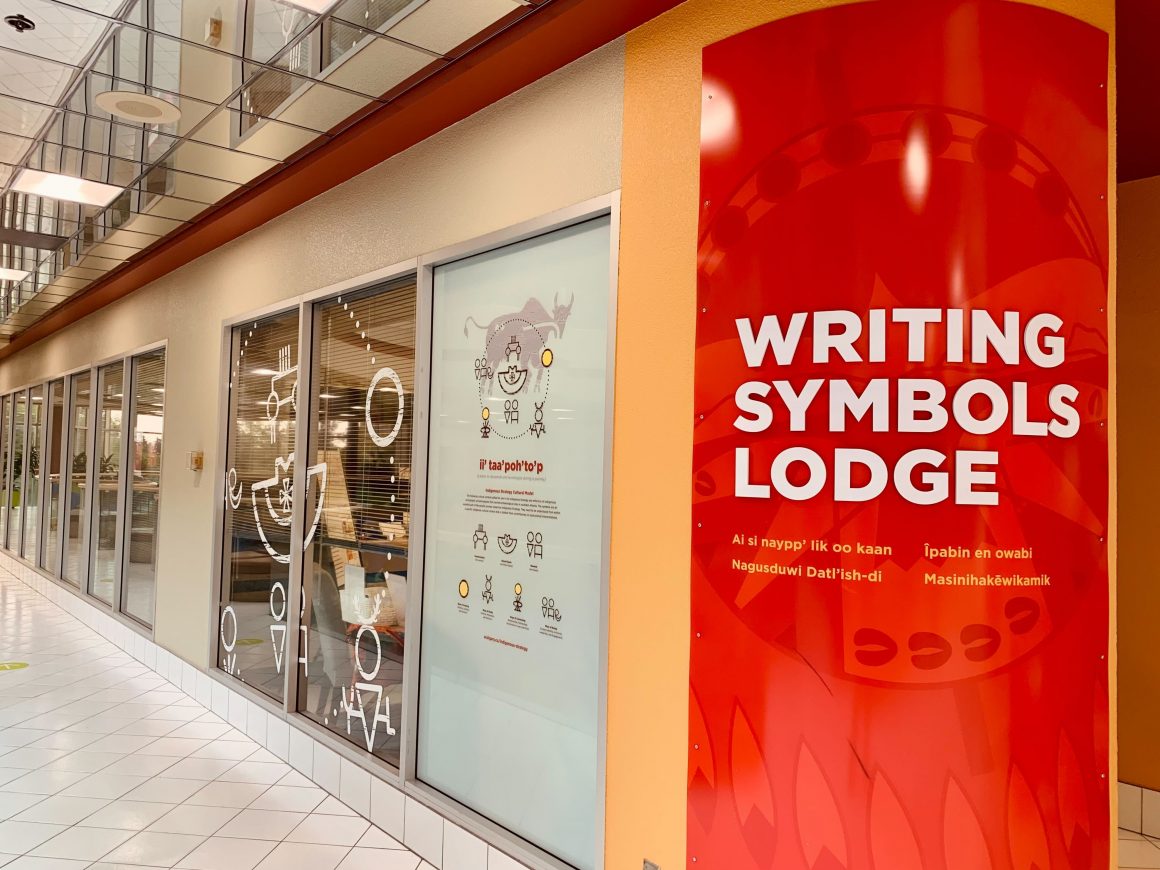
Preview of Orange Shirt Day events in honour of Truth and Reconciliation Day
By Nazeefa Ahmed, September 28 2022—
On Sept. 30, the University of Calgary’s Office of Indigenous Engagement will be partnering with the Calgary Public Library to host an afternoon panel discussion and an evening film screening in honour of the National Day for Truth and Reconciliation. The panel discussion will be hosted at the Husky Oil Great Hall inside the Rozsa Center at the U of C from 12 to 1:30 p.m. The evening film screening will be hosted at the Patricia A. Whelan Performance Hall by the Central Library from 6:30 to 9:00 p.m.
In an interview with the Gauntlet, Vice Provost of Indigenous Engagement Dr. Micheal Hart spoke about the intentions of the panel discussion, as well as the focal topics, such as the intergenerational impact of residential schools, the Pope’s apology and the discovery of the unmarked graves in 2021.
“The goal of the event is to raise a deeper understanding of what Indigenous peoples have experienced through residential schools and to provide an open learning opportunity for people who wouldn’t otherwise get to hear from Indigenous peoples about these experiences and about the impacts of these experiences,” said Hart. “We are looking at different impacts [such as] the findings of the graves at various residential schools and the legal matters, also hearing the community perspectives tied to the Pope’s recent visit to Canada and the Pope’s apology around the Roman Catholic Church’s participation in the running of the residential schools.”
Hart discussed the importance of hearing first account experiences of attending residential schools — stating that it is both a necessity for the public to hear and also a way Indigenous individuals can process the experience into something benefiting the community.
“Two of the speakers actually attended residential schools and Elder Reg Crowshoe has attended residential school as well,” said Hart. “If you look at oral systems, we hold these people in the highest regard because they are able to speak from that direct experience. More often than not, I know individuals who attended residential schools and want to share their experiences so that something can come out of that to create positive change in our society.”
Hart hopes that observers will actively engage with the conversation through self-reflection and developing empathy, ultimately understanding that history does not stay locked in a forgotten past.
“The first thing is to be able to participate in the event in a way that is going to cause them self-reflection,” Hart continued. “You may see or hear these things that can be very challenging, and [the events] will raise some emotions. But [self-reflection] helps us get away from those responses of ‘Just get over it, it happened long ago.’ When we have the empathy in place, I’m hoping that people will have something impactful that they are going to carry and use to move forward in their learning.”
After the panel discussion, the Evening Film screening will be a free viewing of Night Raiders, a Canadian-New Zealand post-apocalyptic film that follows a Cree woman losing her daughter to the state institution. Hart commented on the parallels between the movie and the Indigenous experience.
“The movie itself acknowledges the dynamics of the residential school as the baseline for the story in Night Raiders,” said Hart. “There is the experience of the main character losing her child and what she is going through, which is a reflection of what Indigenous parents have gone through when their children were taken away, as well as what a child has to go through when they’re taken away and trying to navigate the reconnection back to family and community.”
In his concluding remarks, Hart expressed how the National Day for Truth and Reconciliation should be more than just thinking about history. Recognition, according to Hart, needs to result in a step towards something greater.
“I see recognition as an ongoing process,” Hart continued. “It’s a part of our life’s journey. Recognition understands the dynamics of the past, how it relates to current experiences, and how it relates to future aspirations, whether of individuals who have been impacted, or our aspirations as a society.
“We need to understand these experiences not just in our head, but our hearts,” Hart continued. “It is when we are able to do both of these things that we establish a deeper commitment for creating positive change. Truth and reconciliation is a process, not just a day.”
Those interested in attending the in-person events or watching virtually on this Friday can register on the U of C website.
